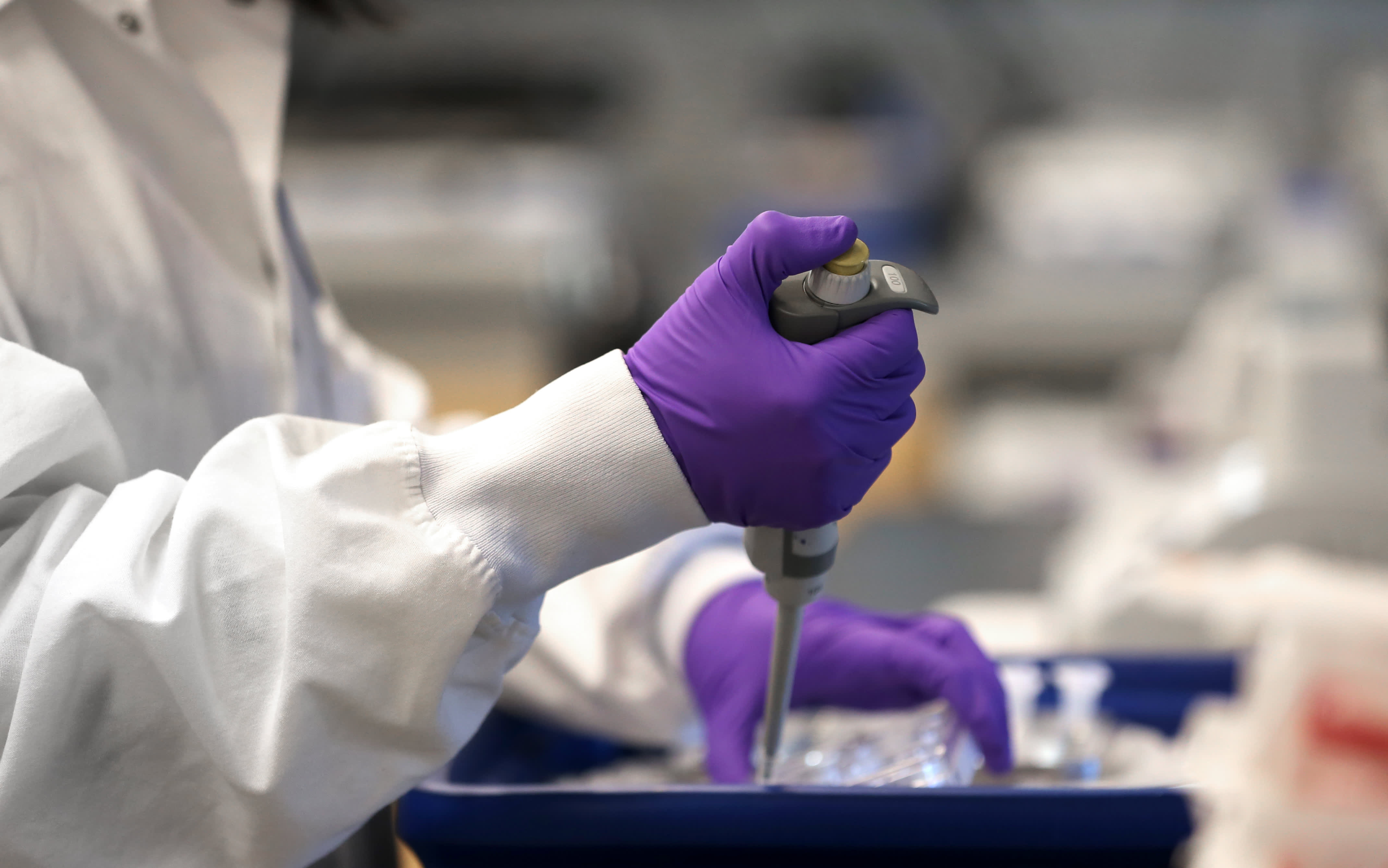
U.S. stocks jumped, nearing a record 30,000 on the Dow, after Moderna said preliminary trial data showed its coronavirus vaccine is more than 94% effective.
The vaccine news comes as coronavirus cases in the U.S. increase.
Here’s what five experts are watching.
Alli McCartney, managing director of UBS Private Wealth Management, sees a “perfect backdrop” for markets.
“The three segments of the population that are general buyers and investors in this market – it’s the old retail investor, which is sort of predictable; the new retail investor, which is not, … and then it’s the institutional investor. Institutions have largely … had really good years, and they don’t want to take a lot of near-term volatility, even with a lot of the good news that we’re seeing, so our sense is that there’s still a lot of underinvestment … and we do see volatility in the next few weeks. But we have the perfect backdrop. We have promise of an efficacious vaccine. We have an election outcome that actually in the gridlock is probably better than anybody was expecting. And we have this rotation driven by EPS revisions up, so long-term bullishness, short-term volatility is where we are.”
Ernesto Ramos, managing director and head of equities at BMO Global Asset Management, expects promising earnings growth.
“I call it vaccine Mondays now, because two Mondays in a row we get vaccine news, and it drives the cyclicals forward. But if you look at the economy, we’re poised for pretty strong growth in 2021 relative to 2020. And also, especially important, … earnings growth in the S&P 500 is expected to be by the consensus estimates about 30% in 2021 after having dipped 18% in 2020. So the fact that we can now see through to the end of the Covid pandemic because of the presence of the vaccines allows the market to just focus on that outcome at the end of 2021 and disregard the bad news around the short term.”
Greg Fleming, CEO of Rockefeller Capital Management, advises investors to have a plan.
“For us with clients, we’re very focused on long-term plans, and making sure to do that with somebody who’s providing advice. As you know, at Rockefeller, we’ve got high-end private wealth advisors that are providing counsel to clients, they bring family health and services in so they can do generational planning. That’s a really, really important thing in markets like this, and you see it when it’s not possible for anybody to be able to call the types of things that are happening in these markets. … What happens in the next few months, [the] market is obviously looking out 6 to 12 months based upon the notion that the pandemic will wind down in 2021 as we move through it. So advice, having a plan and sticking with it. Very, very important.”
Jim Cramer, host of CNBC’s “Mad Money,” highlights a new driving force in the markets.
“There’s a new young crop of buyers who do not sell on the news. I mean, the moment we got some news from Moderna that was positive, there was a surge of buying in the airlines, which I believe is done through an ETF … and they tend not to get shaken out. And that’s how we got up here. They’re very different from the older buyers. … They don’t seem to want to sell, they seek the news and they buy, and then no one comes forward to sell. It’s rather remarkable. We haven’t seen this pattern ever.”
David Rubenstein, co-founder of The Carlyle Group, says vaccine distribution is key.
“I think what’s going on is that the market really wants to have this vaccine distributed, because until the vaccine is distributed and it’s vaccinated a large part of the population we are not going to be able to get back to the economy we want. So I think the market is anticipating that it will get distributed and ultimately the economy will come back but it probably will take a year. I would like to point out that having a vaccine, while it’s terrific and they’ve done a terrific job at Moderna and Pfizer and Johnson & Johnson, AstraZeneca, they’ve all done a great job in heroic fashion. We have to have it distributed, and if it’s not going to be distributed, it’s useless. So we need to get companies like CVS, companies like Walmart, other large companies that have access to consumers to be able to distribute this because otherwise it’s not going to get distributed and it’s not going to be useful.”




